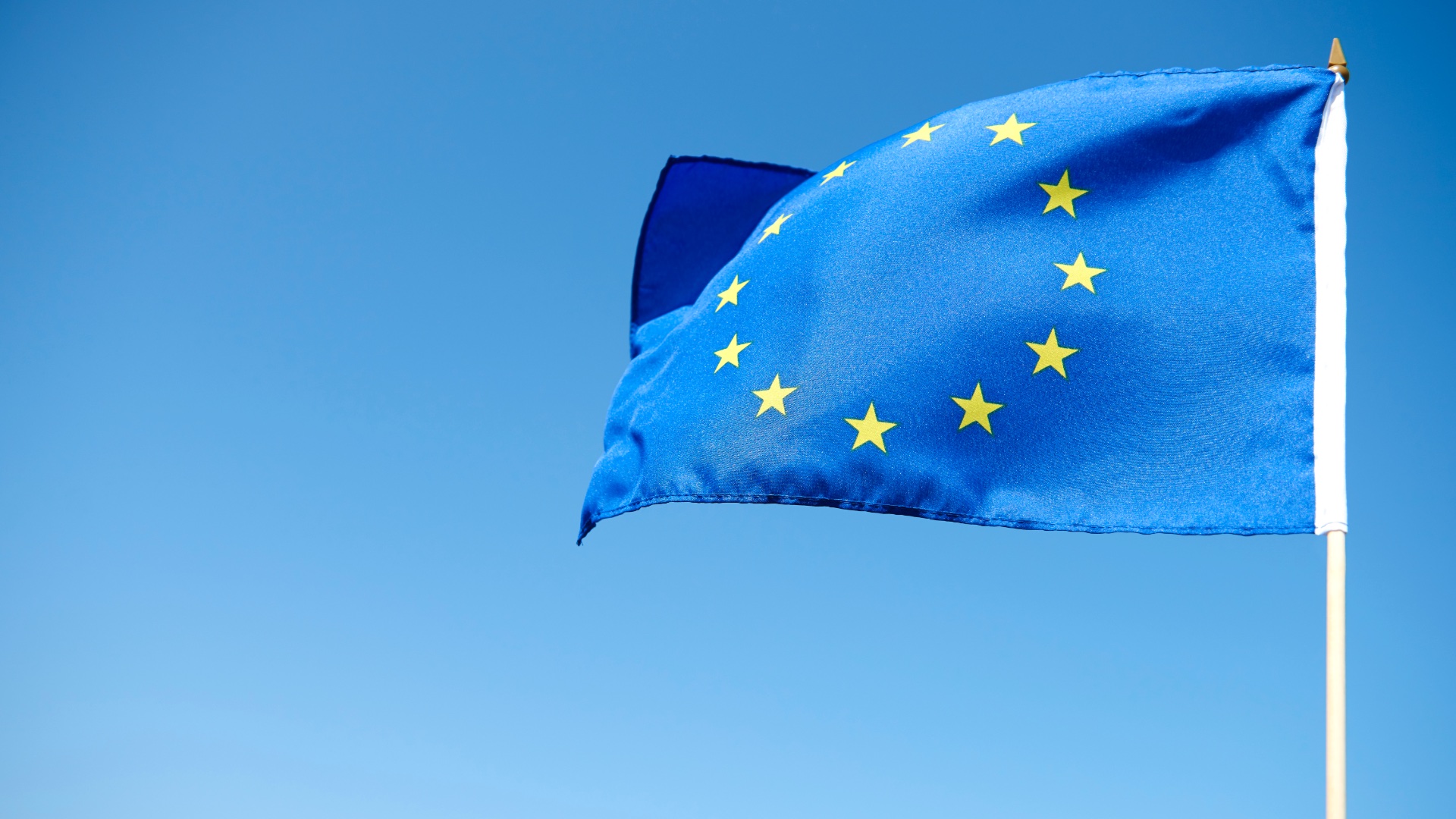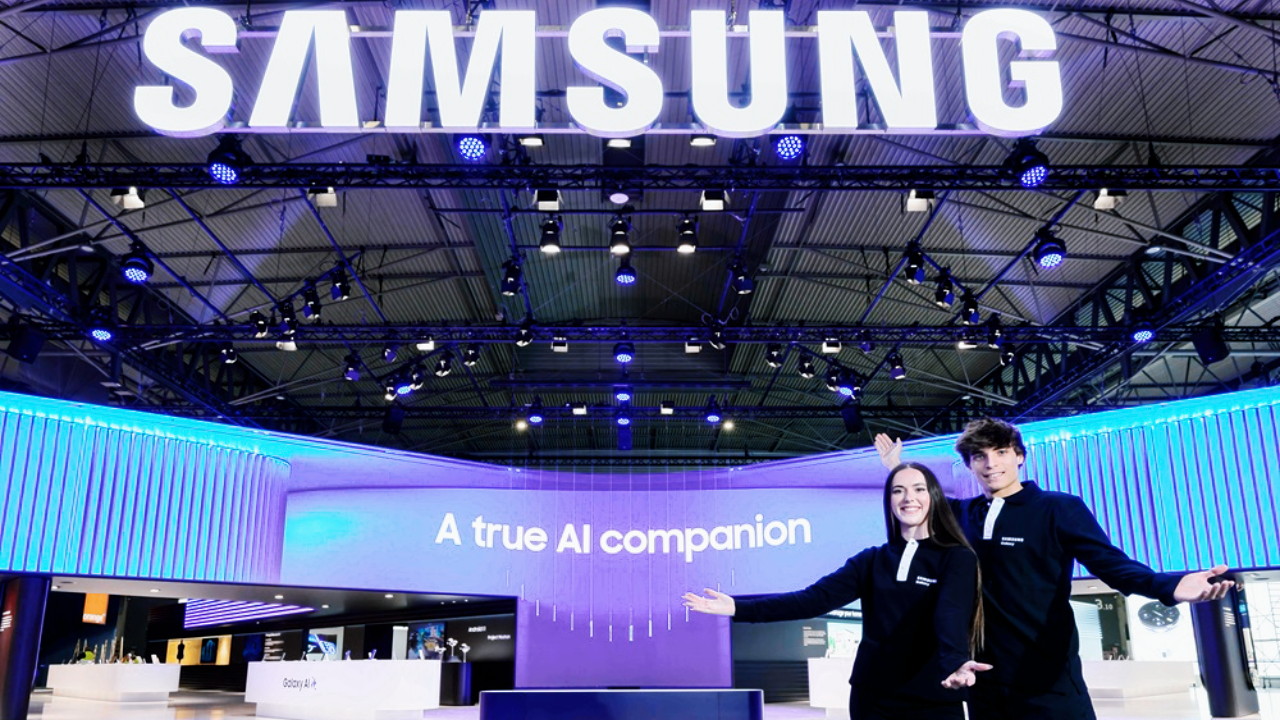The global race in artificial intelligence is in full swing. We are witnessing spectacular technological advances, driven by billions of dollars of investment and new waves of interest, such as ‘AI Agentica’. In this competition, the US and China seem to prioritise innovation and rapid deployment, aiming to get ahead as quickly as possible. Europe, however, is consciously taking a different route. At a time when public debate is dominated by the ‘noise and fanfare’ of technological breakthroughs, the European Union is introducing the AI Act – a comprehensive ‘guarantee regulation’.
This unprecedented move raises a fundamental question for business: by imposing complex regulations, is the EU becoming a brake on innovation and condemning its companies to failure in global competition? Or, on the contrary, is it a calculating, long-term strategy to build a new advantage based on the fundamental value of trust?
AI Act as an (apparent) burden on innovation
It cannot be ignored that the AI Act primarily means costs and operational challenges for many companies. Introducing strict compliance rules, the need for audits and classifying AI systems according to risk are time-consuming and costly processes. In the technology sector, where time-to-market is a key indicator of success, any regulatory delay is a potential loss of market share to competitors in Asia or North America.
Moreover, the AI Act confronts the problem of the so-called ‘black box’. The source text provided rightly highlights that algorithms are increasingly required to be ‘transparent and explainable’. For engineers and R&D teams, this may mean choosing simpler and potentially less effective models, as long as they are fully understandable to the regulator. There is a real concern that smaller start-ups will not shoulder this burden, while for tech giants such as Salesforce, Oracle and IBM, it will be just another cost of doing business, which they will easily factor into their global operations.
Regulation as a foundation for new competitive advantages
However, seeing the AI Act solely as a burden is strategic short-sightedness. It is worth recalling the phenomenon of the ‘Brussels Effect’ that we observed after the implementation of RODO (GDPR). Initially criticised as a bureaucratic brake, RODO has become the de facto global standard for data protection. The AI Act has every predisposition to repeat this success in the field of artificial intelligence.
The source text aptly diagnoses that the ‘Achilles’ heel’ of AI is data and privacy. At a time of growing public distrust of technology, the AI Act is a direct response to these concerns. Trust is becoming a key business currency. A European company that can offer a customer an AI service (especially in ‘sensitive areas’ such as recruitment, health or finance) with an AI Act compliance certificate will gain an immediate image advantage. This not only minimises legal and financial risks, but builds the foundation for a long-term relationship with the client, who knows that the algorithm is not biased and does not act as an opaque ‘black box’.
Geopolitical chess – who sets the rules of the game?
The implementation of the AI Act is nothing less than geopolitical chess. Three different philosophies clash on the global board. We have the US approach, where innovation is mainly driven by the free market and corporate dominance. We have the Chinese model, where AI is a tool for economic development but also strict state control. And we have the European Union, which is trying to find a ‘third way’, reconciling ‘technological freedom with citizen protection’.
This difference in approach carries serious implications for global value chains. There is a risk that multinationals will be forced to create different versions of their products – one, ‘free’ and potentially more innovative for non-European markets, and another, ‘safe’ and compliant with regulations, for the restrictive EU market. This raises costs and complicates product strategies, but at the same time makes Europe the world’s largest market for ‘trusted AI’.
Playing for a licence to operate
The AI Act is neither a simple brake nor a miracle shield. It is a strategic bet by the European Union, based on the belief that in a decade’s time trust in technology will be as valuable, if not more valuable, than the technology itself. The competitiveness of European companies in the short term will certainly be put to the test. Long-term, however, in a world increasingly aware of the risks of bias, privacy and lack of control, companies able to prove ethical and transparent AI will gain access to the most informed and lucrative markets.
The global AI race is not just about who gets to the finish line first. It is about who will build a technology that society will voluntarily allow to operate on a massive scale. Europe, through the AI Act, is trying to build just such a social licence to operate.
Key findings
- A strategic bet on trust: the AI Act is a deliberate choice by the EU, prioritising ethics and security over unlimited speed of innovation as a counter to the US and Chinese approach.
- Short-term costs vs. long-term advantage: Companies face increasing compliance costs and a potential time-to-market slowdown. At the same time, regulation can become a global advantage (‘Brussels Effect’), making compliance a key marketing asset.
- Explainability (XAI) as a business requirement: The ‘black box’ problem is no longer an academic issue and is becoming a legal requirement. Companies need to invest in transparent and explainable AI models to operate in the EU market.
- A global standard in manufacturing: Just as RODO has affected global data standards, the AI Act will force multinationals to adapt their products if they want to operate in the single European market.












